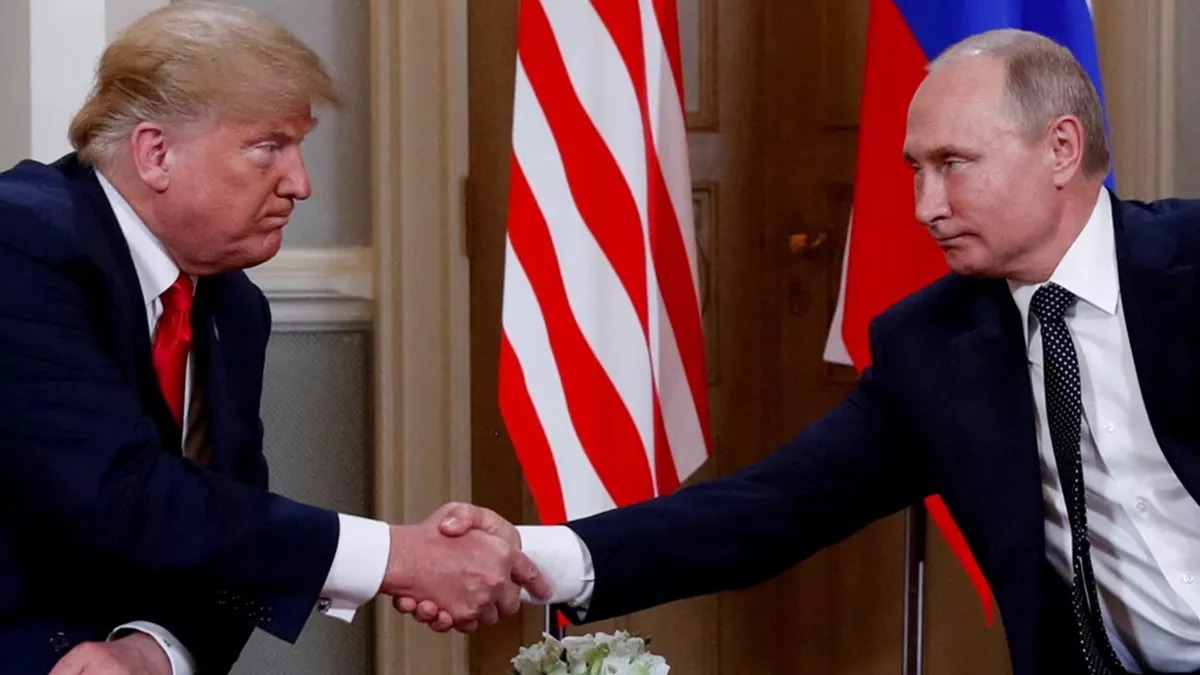
In a surprising development, Russian President Vladimir Putin has agreed to a 30-day ceasefire in the ongoing Russia-Ukraine war, following talks with former US President Donald Trump. This move has raised hopes for a temporary halt in hostilities, but the long-term impact remains uncertain.
Details of the Ceasefire Agreement
- The 30-day ceasefire is set to begin following the successful negotiation between Putin and Trump.
- Terms of the ceasefire include halting military operations and allowing humanitarian aid to reach affected areas.
- This temporary agreement offers a window for diplomatic discussions aimed at a more permanent resolution.
Impact of the Ceasefire on the Russia-Ukraine Conflict
- On the battlefield, the ceasefire will give both sides a brief respite, with hopes that it will lead to more sustained peace efforts.
- For civilians, it means temporary relief from the violence, with essential supplies and aid being delivered to conflict zones.
- Politically, this may allow both Russia and Ukraine to engage in talks without the pressure of ongoing military clashes.
Trump’s Role in Facilitating the Ceasefire
- Trump’s involvement in facilitating the ceasefire surprised many, as he has been known for his direct diplomacy and unconventional methods.
- His role as a mediator was acknowledged by both sides, though some have expressed concerns about the effectiveness of his influence in such a high-stakes international conflict.
Global Reactions to the Ceasefire Announcement
- The international community has responded with cautious optimism, welcoming the ceasefire but urging both Russia and Ukraine to pursue a long-term resolution.
- European leaders and UN officials have called for continued negotiations to ensure lasting peace and stability in the region.
- However, some experts are skeptical, suggesting that the ceasefire might only provide temporary relief without addressing the root causes of the conflict.
Next Steps: Can a Permanent Peace Be Achieved?
- While the ceasefire offers hope, there are significant challenges in reaching a lasting peace.
- Ongoing diplomatic efforts by international organizations and major powers will play a critical role in shaping the future of the conflict.
- A permanent peace agreement will require compromise, trust-building, and international cooperation, which remains a significant hurdle.
Read More: YouTube bans reality show Love Island in Pakistan after controversy erupts
--Advertisement--

 Share
Share



